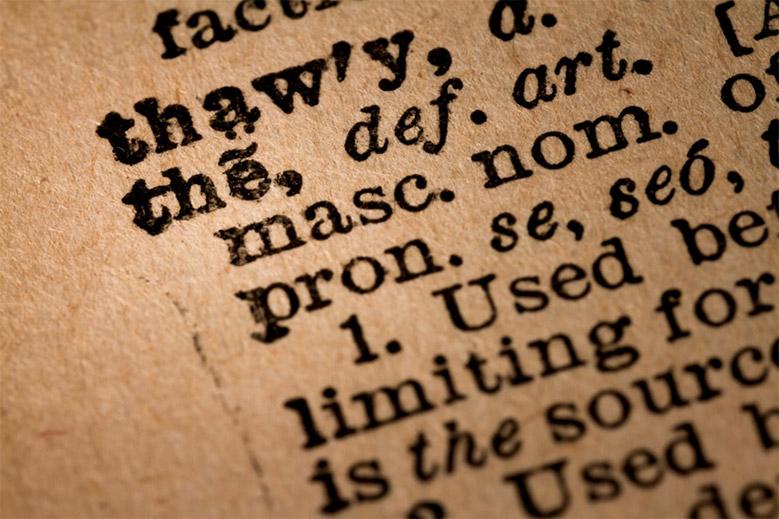A few days ago we had the chance to check the grammar concerning New Year’s resolutions. Today we thought it would be a good idea to revise the grammar and vocabulary regarding future plans and arrangements, something quite relevant during these days when we think about nothing but the immediate future.
When we talk about future plans and arrangements we refer to the near future, i.e. actions that will take place in a short time. Depending on the plans we make we will use a different verb form, as shown below:
- Will: this is used to talk about plans decided at the time of speaking. These are spontaneous decisions, without a plan behind. I have run out of food. I will go to the supermarket this afternoon and buy some/Your flat looks very messy. Come on, we will tidy it up together
- Going to: going to is used when we talk about future plans that have been decided before the moment of speaking. In this case, we refer to intentions because there is some planning behind these decisions. I’m going to study maths this evening, we have an exam in a couple of days/I’m going to have my hair cut today, I’m attending an important event tomorrow.
- Present continuous: this tense is normally used for arrangements, i.e. we know the specific time and place of the future plan and other people are involved. This Saturday we are celebrating Jane’s birthday/I’m seeing the dentist at 6.30 this evening. Usually, we employ the present continuous to ask other people about their future plans. Are you meeting your friends this week?/Is she seeing her grandma today?
- Present simple: remember that scheduled events are seen as something permanent therefore present simple will be required. The train departs from Central Station at 7.15/The film starts at 11
We hope you found this information useful. Let’s try now with a few exercises:
For more English tips, take a look to the posts below ;)»Sigue aprendiendo inglés uniéndote a nuestra comunidad. Recibirás todas las semanas artículos de interés, lecciones, audios, ejercicios y mucho más ;)»
Si quieres seguir aprendiendo inglés, en nuestro curso de Inglés A2 puedes profundizar en todos estos temas.
Un abrazo,
Maria Jesús

